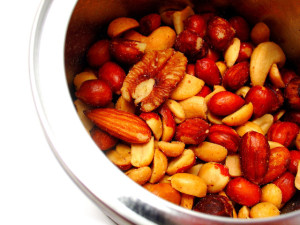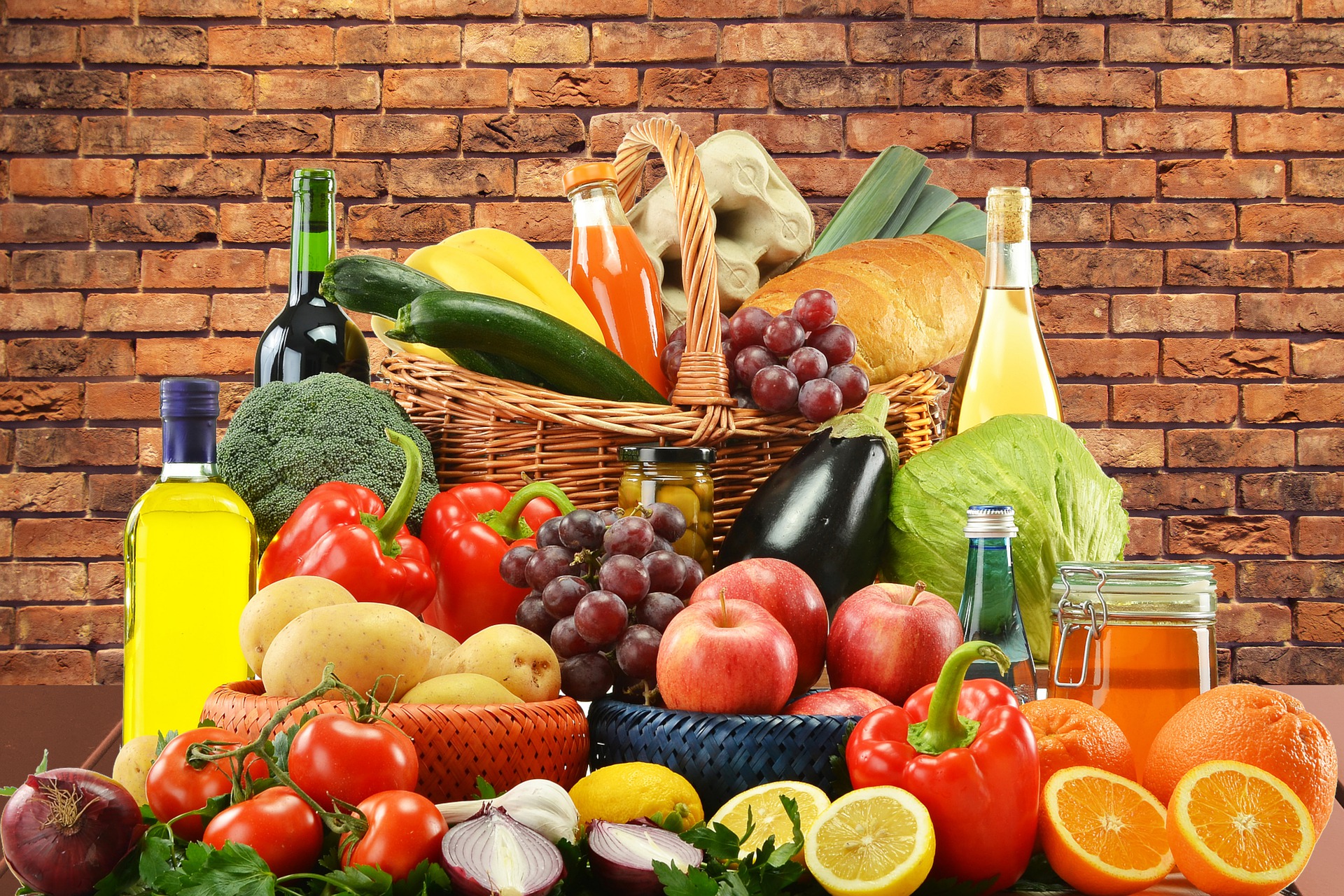
ALL NUTS and SICKLE CELL
Do remember that you could be allergic to some nuts or none. I know I am to some of them.
All nuts have different nutrition credentials and will offer various health benefits – find your perfect match with our guide…
Packed with protein, fibre and essential fats. A golf ball-sized portion (about 30g) of unsalted nuts makes a vitality-boosting snack and, unlike most other options, contributes a mix of valuable vitamins and minerals.
PEANUTS/GROUNDNUTS: They are rich in vitamins and minerals and contain 13 different types of vitamins, they include vitamins A, B, C & E. They are also rich in 26 essential minerals including, calcium, iron, zinc, etc… all these help to strengthen the bones and purify the blood. They are know to combat depression and help blood related problems in women. Lastly, they have a high concentration of anti-oxidants.
ALMONDS: If you avoid dairy, calcium-rich almonds are a good choice to ensure you’re getting enough of this bone-building mineral. Almonds are also high in vitamin E, a nutrient which helps to improve the condition and appearance of your skin. For some extra heart help, swap flaked almonds for the whole nut – with the skin intact – because the almond’s skin is full of heart-protecting compounds called flavonoids.
BRAZIL NUTS: Brazils are a good source of the mineral selenium, which we need to produce the active thyroid hormone. Selenium also supports immunity and helps wounds to heal. You only need three or four Brazil nuts a day to get all the selenium you require.
CASHEW NUTS: Because they contribute a good level of protein and are a useful source of minerals like iron and zinc, cashews make an excellent choice if you’re following a vegetarian diet. They’re also rich in the mineral magnesium, which is thought to improve recall and delay, age-related memory loss. Add a handful to a vegetarian stir-fry or use as a nut butter on crackers or bread.
CHESTNUTS: By far the nut with the lowest fat and calories, chestnuts are rich in starchy carbs and fibre, and in their raw form are a good source of vitamin C. They’re lower in protein than other nuts but make a useful contribution of B vitamins including B6. Ground chestnut flour can be used as a gluten-free flour for cakes and bakes, or buy fresh and roast for a tasty snack.
MACADAMIAS: Although high in fat, they do supply good levels of the healthy mono-unsaturated variety. They’re a rich source of fibre and make a useful contribution of minerals including magnesium, calcium and potassium.
PECANS: Heart-friendly pecans are packed with plant sterols, valuable compounds that are effective at lowering cholesterol levels. Pecans are also antioxidant-rich which helps prevent the plaque formation that causes hardening of the arteries. They’re rich in oleic acid, the healthy fat found in olives and avocado. As a good source of vitamin B3 pecans are the perfect option if you’re fighting fatigue because this vitamin helps us access the energy in our food.
PISTACHIOS: Being especially rich in vitamin B6, which is important for keeping hormones balanced and healthy, pistachios are a good option for those with problem periods. They’re the only nut to contain reasonable levels of lutein and zeaxanthin, two antioxidants that play an important role in protecting the eyes. Pistachios also contain potassium and fibre – in fact a 30g serving has more than three times that supplied by the equivalent weight of plums.
WALNUTS: Their superior antioxidant content means walnuts are useful in the fight against cancer. They’re also a good source of mono-unsaturated, heart-friendly fats, and studies show they help to lower the bad form of cholesterol (LDL). Finally, they’re rich in omega-3, so they’re a great alternative if you don’t eat oily fish.
From: http://www.bbcgoodfood.com/howto/guide/health-benefits-nuts and www.connectin







